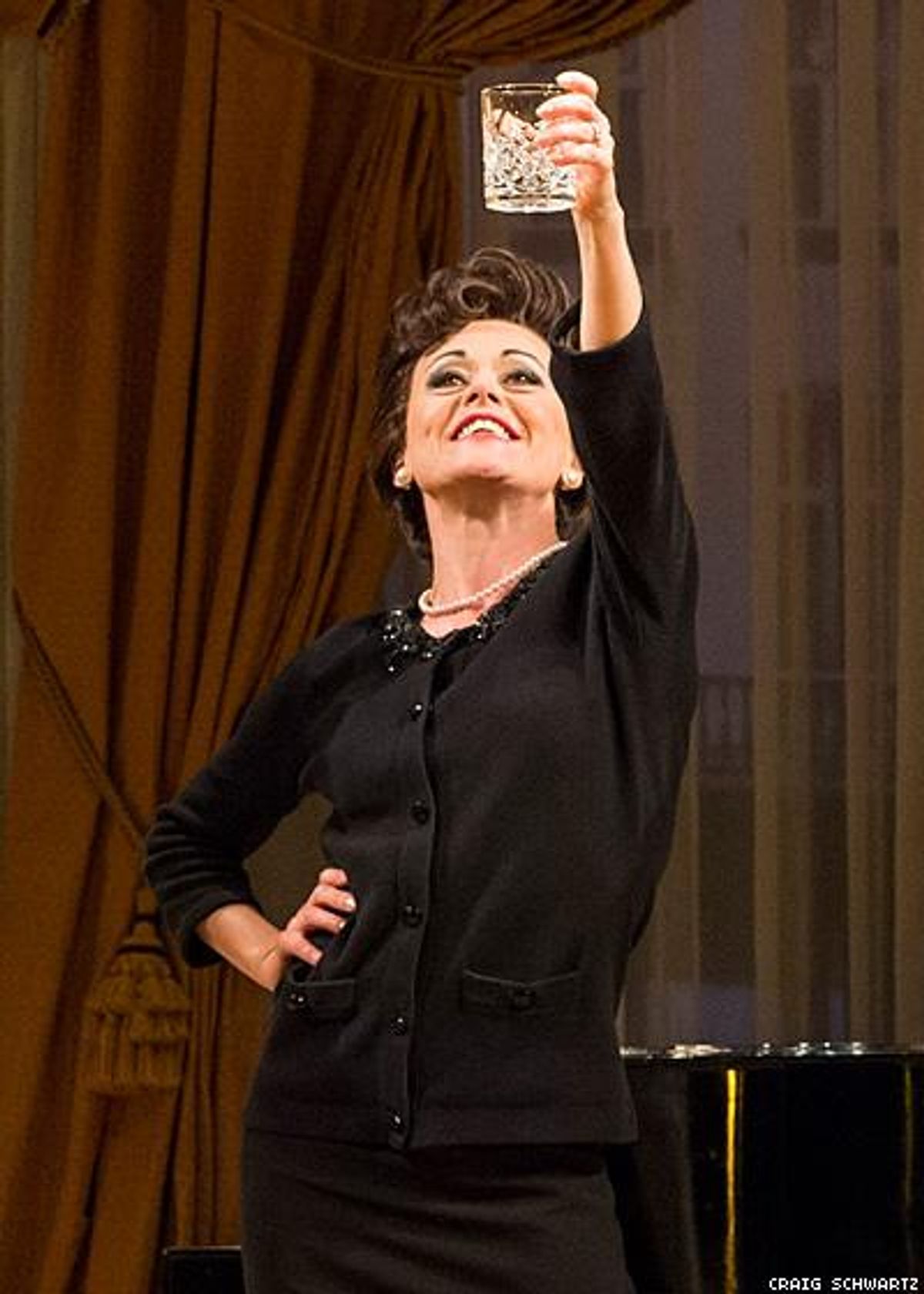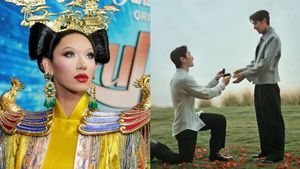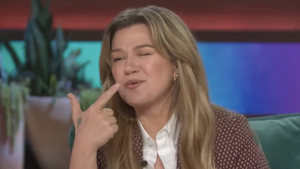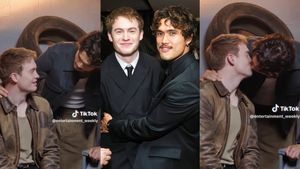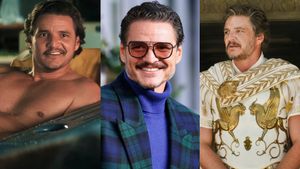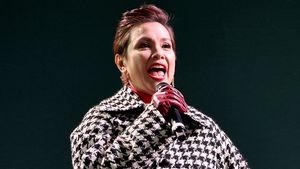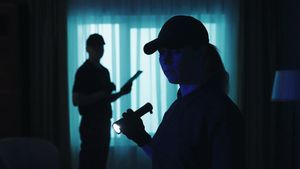A friend who's particularly passionate about music once asked me, if I could sing like any vocalist of my choice, who it would be? Without hesitation, I answered, "Judy Garland." With a knowing look, he responded, "Do you not get enough attention from gay men?"
OK, I know Judy commanded the love of gay men, and there are numerous gay men on the list of my favorite people in the world, but that's not the primary reason I chose her. Mainly, I chose her because of the indescribable beauty of her voice and the intense emotion she put into every song. "Over the Rainbow," "The Man That Got Away," "Have Yourself a Merry Little Christmas" -- they and many others give me chills. As a child, I never missed the annual TV broadcast of The Wizard of Oz; as an adult, I was thrilled when Judy's version of A Star Is Born was restored and re-released to theaters.
So yes, I'm a Judy fan, and not just for her singing, as I think she was a damn fine actress too. There are many more obsessive Judy fans than I, those with bigger collections of her recordings, those who've seen every one of her movies (I've missed a few). But I am, definitely, a fan.
Therefore, I was eager to see End of the Rainbow, playwright Peter Quilter's dramatization of Judy's later life, currently onstage at the Ahmanson Theatre in Los Angeles, and I had a little trepidation too. With Judy's performances still available to us in films and recordings, how can any other singer-actress hope to compare? But I knew Tracie Bennett had won acclaim and awards for portraying Judy in London's West End and on Broadway, so I went with fairly optimistic expectations.
I'm happy to say Bennett exceeded those expectations. Like Garland, she's small in stature, huge in voice and personality. She doesn't imitate Garland, which would be nearly impossible to do well, but rather interprets her, displaying the energy, presence, and vulnerability we associate with this great star, without trying to be a carbon copy. Her singing voice is not exactly like Judy's -- no one else has a voice like that -- but she acquits herself well performing beloved Garland standards including "The Man That Got Away," "Come Rain or Come Shine," and "When You're Smiling."
The play is set in London in 1968, just six months before Garland's death. The setting alternates between the posh hotel suite that Judy can't afford and the theater where she's giving a series of concerts in hopes of revitalizing her career and replenishing her bank account. She's reluctant, often fearful, about performing, and she can't resist going back to the drugs and drink she had tried hard to give up.

Pushing her along is Mickey Deans, the much younger nightclub impresario who is now managing Judy's career on his way to becoming her fifth husband. Erik Heger plays Deans as equal parts charm and smarm; he makes you see why Judy would be attracted to him and makes you believe -- almost -- that he has her best interests at heart, but eventually you realize that he's mostly interested in himself and is ultimately bad for her.
Someone who drives home this last point is Judy's piano accompanist Anthony, played by Michael Cumpsty. Anthony is a composite character, based on the numerous gay men who loved and supported Garland, and in many ways he's the conscience of the piece. He admires Judy but is willing to call her out on her bad behavior; unlike Deans, he truly wants what's best for her. He even offers her a quiet life with him in a platonic relationship in his country cottage, although they both recognize that's an impossible dream. Played by Cumpsty with an appealing Scottish brogue, he's funny, sweet, and warm.
Miles Anderson rounds out the cast capably in multiple minor parts, with the standout being a BBC radio host who finds Garland an extremely difficult interview subject.
Quilter's wonderful script is witty as well as poignant, and it's ably directed by Terry Johnson. William Dudley's sets and costumes are gorgeous, and the musicians accompanying Bennett-as-Garland are superb.
So, if you're a Judy Garland fan, it's well worth seeing. Even if you're not, it still is -- afterward you'll need to watch or listen to the real Judy to get a full idea of why so many people, gay men and others, continue to adore her, and why certain women would love to sing like her, but End of the Rainbow will give you a good start.
Performances of End of the Rainbow are scheduled through April 21 at the Ahmanson Theatre in Los Angeles. Click your mouse (not your heels) here for tickets and more info.
